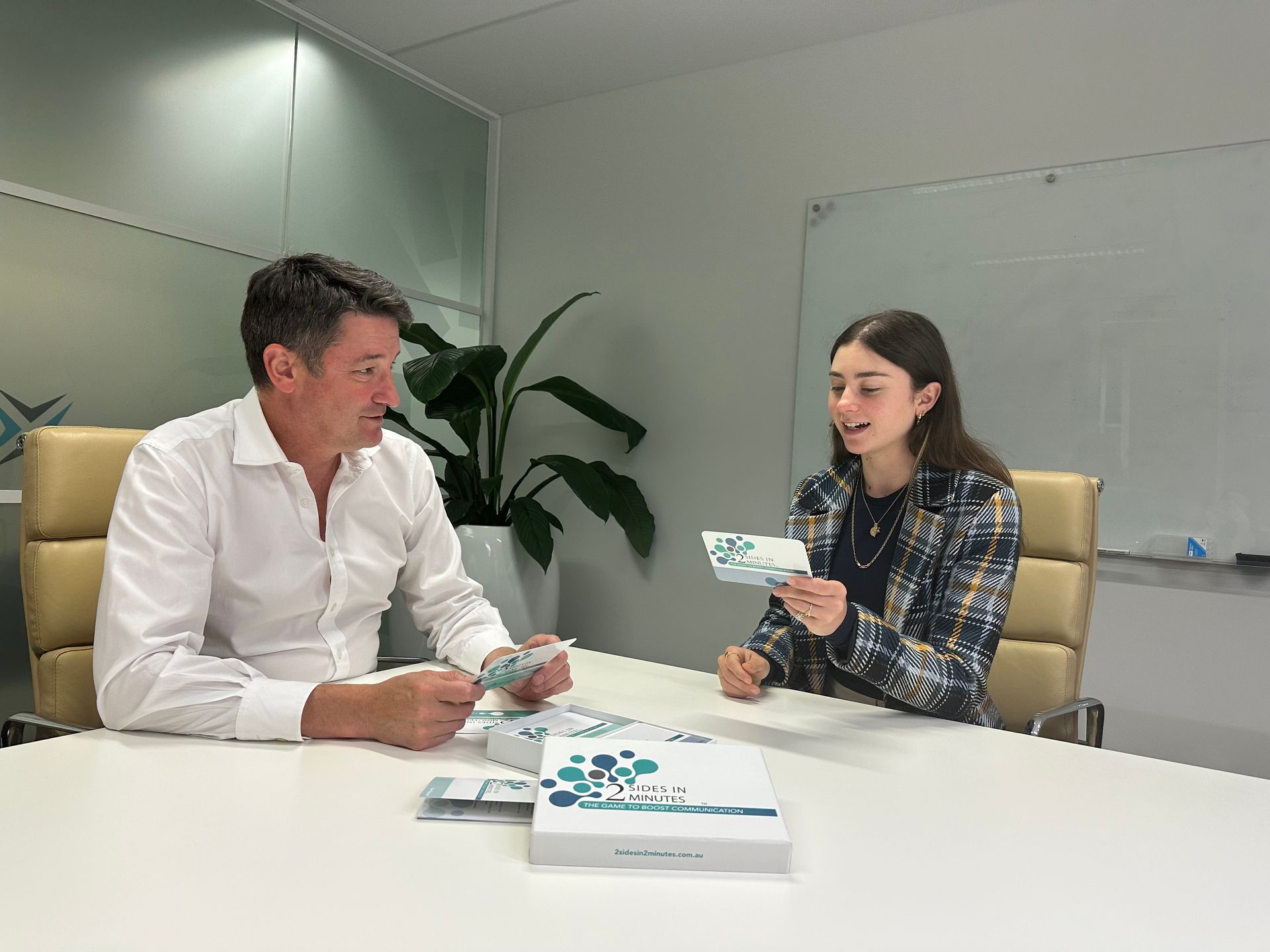Trending Blogs


THE ART OF CV STORYTELLING

As recruiters, it is no surprise that we see hundreds of resumes every day. They range from 18 pages to one page, with portrait photographs and without, paragraphs or bullet points, funky fonts, graphics and styles or simplistic layouts.
So what works best and is looked upon more favourably by hiring managers and recruitment firms?
I am aware that the thoughts of editing and creating resumes can cause huge anxiety and stress for many people, especially if you feel that you are shooting your resume off to multiple job applications and not getting anywhere. I hope this blog sheds some light on your questions and will help you (yes you) in your job seeking process.
In this month’s blog I would like to answer some of the questions that you may ask yourself during your CV writing process.
*Please note for CV writing it is advisable to come prepared with an adequate amount of caffeine (or something a little stronger perhaps if you find this to be a particularly arduous task). But don’t worry help is on the way i.e. below.
Why am I writing this CV and what is the main purpose of it (besides the obvious i.e. getting a job)?
Firstly it is to ‘sell’ yourself, your experience and your achievements in order to persuade a hiring manager to select your profile for interview, over the other 92 applicants.
Secondly it is to set up great talking points to discuss in your interview. In this sense, your CV should state your key responsibilities and your key achievements of each and every role. (Some clients I partner with will not interview someone who doesn’t list achievements in their resume - as people want to know what your key wins and successes are in your career to date).
How should I structure my resume?
Your resume should tell your story and create your brand that you wish to portray for yourself. It should flow effortlessly for the reader and look aesthetically pleasing (think simplistic rather than OTT). Keep it to PDF, ensure it is editable and avoid graphics, logos and things that simply just take up space and take the readers attention away from the most important; the content.
Commencing your CV with a career summary is a good place to start. One which highlights your areas of expertise, summarises the type of work / projects which you have been doing recently and the industries in which you have previous experience. This should be written in the third person (as should the entire resume), be authentic, portray your purpose, drive and ambition and state what you have done in your career, rather than what you want to do in the future. Don’t sound generic – stand out from the crowd with this and be creative!
In the body of the CV and under each role, it is advisable to have a bullet point list of responsibilities and achievements. Remember to add detail to both of these to give weight and to add credibility to your resume. For example, state the dollar value of the budget you managed, the size of the team you managed, the ROI. I think most people seem to have the responsibilities down to a fine art, but I have listed some examples of achievements below to help:
Achievements:
- Developed AS-IS and TO-BE processes aligned with BPMN clearly articulating the changes between the current and future business processes
- Successfully managed the development, system testing, integration and user acceptance testing stages of X project
- Reduced end-user service request turnaround time-frames from three days to 10 minutes per request
- Successfully delivered Company X’s process improvement initiative, saving the company $X in the first year and $X in the second year
How long should my resume be?
Think of your cv like a funnel. The most recent role sits at the top of the funnel and so commands more space. As you move further down the funnel and your experience becomes less relevant you don’t need to include as much detail. In terms of its overall length, your CV can be as long or as short as it needs to be, as long as it’s full of relevant detail. Yes, relevant detail, aka your selling points; responsibilities and achievements.
Should I add company descriptions?
You don’t want to spend too much time in your interview describing what each organisation does so addressing this in your resume will afford you more time to talk about the important aspects of your role and what you delivered. Offer some insight into what the company does, what market it operates in, revenue, what your department is responsible for etc.
Should I tailor my CV to each role I apply for?
If you follow the general layout which I have described, you shouldn’t need to edit your resume every time you wish to apply for a role. However, you should understand the most important aspects of the role which you are applying for and ensure that the essential criteria for the role are evident and stand out in your resume.
What should I do if I need further advice or have questions?
If you would like any assistance or advice editing your resume, don’t hesitate to reach out to me directly!
Lydia Mc Williams
Consultant
Project Resource Partners
Level 7, 360 Collins Street, Melbourne VIC 3000
T +61 3 9949 8100 D +61 3 9949 8106


